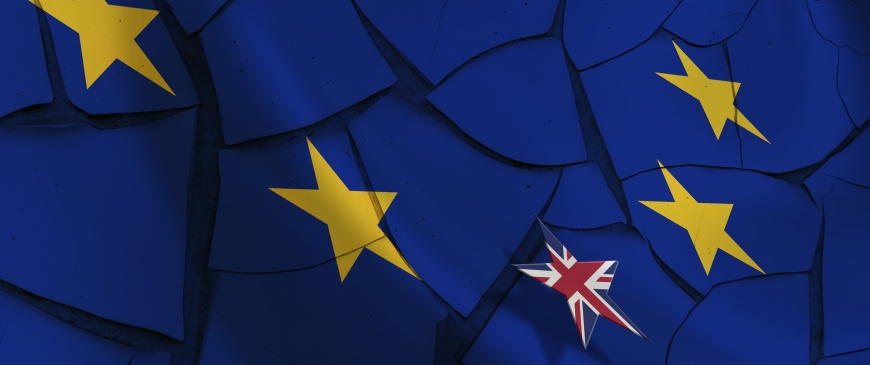
Business needs a transition period with the EU
The landing zone for the future EU-UK trade relationship has never been clearer. All being well, 2021 will see the UK enter into a trade agreement with the EU, similar in scope and coverage to the EU’s trade agreement with Japan or Canada. It would remove tariffs and quotas, but do little to remove regulatory and bureaucratic barriers to trade, or facilitate the cross-border trade in services.
In practice, this means that companies trading between the UK and Europe will need to deal with a range of new frictions, such as import/export declarations, rules of origin, and the physical inspection of food products. British services providers will need to adjust their business structures, including creating new subsidiaries within the EU, if they are to continue to sell to EU-based clients.
From a practical point of view, day one of a new EU-UK free trade agreement would involve a visible rupture, which to all intents and purposes, would feel similar to if the UK had exited the transition period with no trade agreement in place.
Unless, that is, the future trade agreement was phased in gradually over a period of months. Or in other words, unless a free trade agreement was accompanied by an actual implementation period (not to be confused with the standstill ‘transition’ the UK is now in, which ministers insist now on calling it after previously talking it up as some sort of “implementation” period).
Whether such an implementation period is possible depends on the answer to three questions: whether the UK asks for one; whether the EU offers one; and whether it is practically possible to create an off ramp.
As it stands, an implementation period – and in some areas, the further extension of the status quo beyond the end of the year – is not something Boris Johnson wants to discuss. However, this could change later in the year, if and when a free trade agreement looks to be in sight, and the day one cliff edge draws ever nearer.
On the EU-side, there will not be any discussion of a new implementation period until after July 1st. That is the deadline for the UK to request an extension to the transition period (something it is unlikely to do), and the EU will justifiably point to this as the accepted mechanism for buying more time for implementation, if necessary.
From the EU’s perspective, there is also a political argument to be made that Brexit should be seen to hurt. Absent a rupture, the long-run economic impact of Brexit will be a reduction of the UK’s growth rate relative to an unknowable counterfactual economy in which the UK remained an EU member. In 10 years’ time, the UK will be richer than it is now, but poorer than it would have been had it remained. And it is not certain that the average person will notice.
Yet this view will probably not win out. If the EU is happy with the deal on the table, there is little reason to think that it would be unduly hostile to a process that avoided an unnecessary economic shock.
Perhaps more tricky is the practical question of how to phase in trade friction. While trade agreements often phase in liberalisation over a period of time – EU car tariffs in the EU-Japan free trade agreement are reduced over a seven-year period, for example – the gradual imposition of restrictions is a new conundrum.
One option would be to extend the transition period, solely to give businesses more time to prepare. But from a legal point of view, assuming the UK declines to take up the option before the July 1st deadline, EU lawyers currently argue doing so would be impossible. This is debatable, but it is also unlikely that the UK would want a complete extension of the status quo – particularly as it would lead to questions over money.
More likely would be a temporary, partial extension of elements of the current economic relationship via the future relationship. For example, the status quo on trade in goods could be maintained for a period of six months in which the UK would remain de facto in the EU’s customs union and single market for goods while new processes such as rules of origin compliance are gradually introduced and trialled, consequence free.
Some argue that replicating elements of the transition period via a new treaty would require votes in all of the member-state parliaments. But this is not necessarily true so long as the areas covered (such as trade in goods) are solely within the competence of the Commission. For areas that aren’t the EU could take unilateral measures to bridge any gaps.
While it is true that existing ambition for the trade agreement between the EU and UK is low, if accompanied by an off ramp, it could ensure the final stage of Brexit doesn’t throw up any unexpected surprises.
Sam Lowe is a senior research fellow at the Centre for European Reform.
